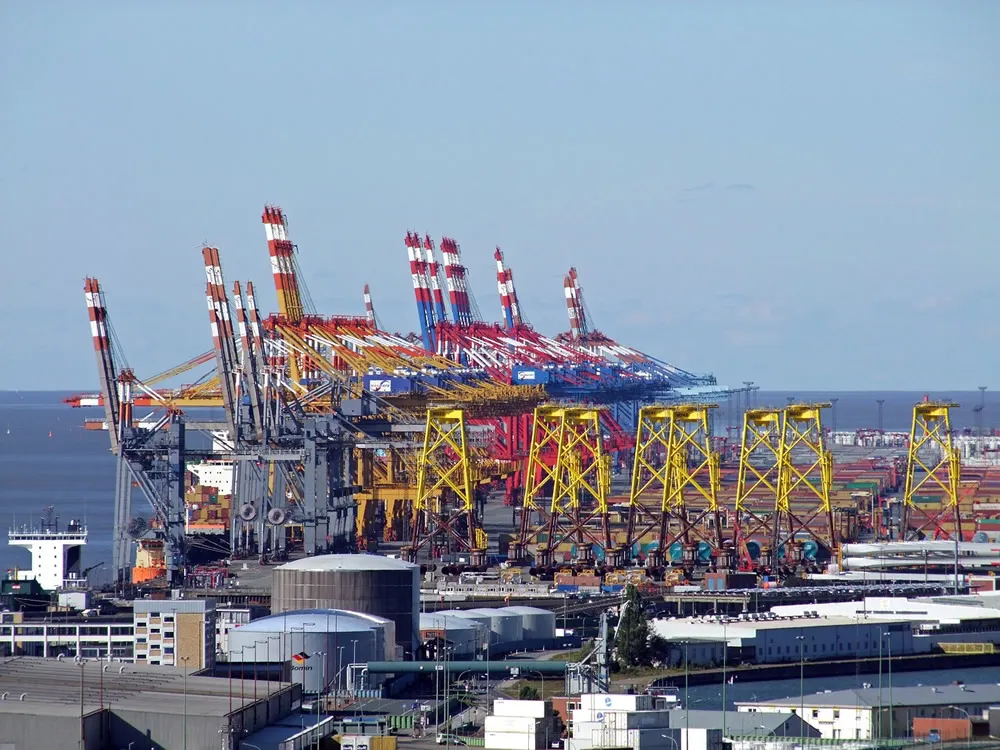"Mr. Lu has been very troubled recently - a shipment of Italian leather worth 300,000 yuan has been stuck at Guangzhou Customs for a full two weeks." Such scenarios are not uncommon in import trade. Guangzhou, as the southern gateway to China, handles nearly 30% of the country's imported goods annually, yet less than 20% of enterprises truly understand how to achieve efficient customs clearance. This article will unveil the industry truths of import agencies in Guangzhou, guiding you to avoid those "hidden pitfalls" worth millions.
Why Do 90% of Enterprises Need Professional Agents?

The uniqueness of the Guangzhou port lies in its "three many" characteristics: many regulatory policies (involving 12 special requirements such as quarantine, 3C certification, etc.), many declaration processes (5 modes such as general trade/cross-border e-commerce), and many unforeseen circumstances (last year, 47,000 shipments were returned due to non-compliant declarations). Mr. Lu cosmetic raw materials were once detained, incurring 80,000 yuan in port demurrage fees due to her misunderstanding of the newly issued guidelines for non-special imported goods filing.
- Time Cost: Self-customs clearance takes an average of 5-7 days, while professional agents can compress it to within 48 hours.
- Financial Cost: The additional tax difference due to incorrect classification can be as high as 200% of the cargo value.
- Risk Cost: In 2023, Guangzhou Customs detected 12,000 batches of unqualified imported goods.
Zhongmaoda Practical Case: The 72-Hour Miracle of Wine Import
When a French winery's shipment was detained due to Chinese labels not complying with GB7718 standards, the Zhongmaoda team initiated a "three-tier emergency plan": 1) complete label compliance analysis within 2 hours; 2) simultaneously connect with the customs pre-audit window; 3) activate the alternative plan of labeling in the bonded zone. Ultimately, despite the statutory inspection period of 14 days, the entire customs clearance process was completed in just 3 days.
3 Golden Standards for Selecting an Agency
- Customs System Visualization: Real-time tracking of customs declaration status (e.g., automatic HS code verification function).
- Maturity of Emergency Response Plans: Whether an A/B port diversion mechanism is in place (e.g., flexible switching between Nansha Port and Baiyun Airport).
- Localized Service Network: Presence of stationed coordination personnel at various Guangzhou ports (the difference in regulatory focus between Huangpu Customs and Airport Customs reaches 17 items).
The Future is Here: New Opportunities Under RCEP
With the deepening of the RCEP agreement, the average import tariff in Guangzhou has decreased by 4.6 percentage points. However, an importer of ASEAN fruits paid an additional 12% tariff unnecessarily because they failed to apply for a FORM E certificate of origin. The value of professional agents is evolving from "basic customs clearance" to "capturers of policy dividends".
The next time you see a cargo ship entering the Pearl River Estuary, consider this: for the same container, some people are overwhelmed by port demurrage fees, while others have saved funds equivalent to their entire annual marketing budget through professional agents. The key to success in import business might just be a phone call away.

Recent Comments (0) 0
Leave a Reply